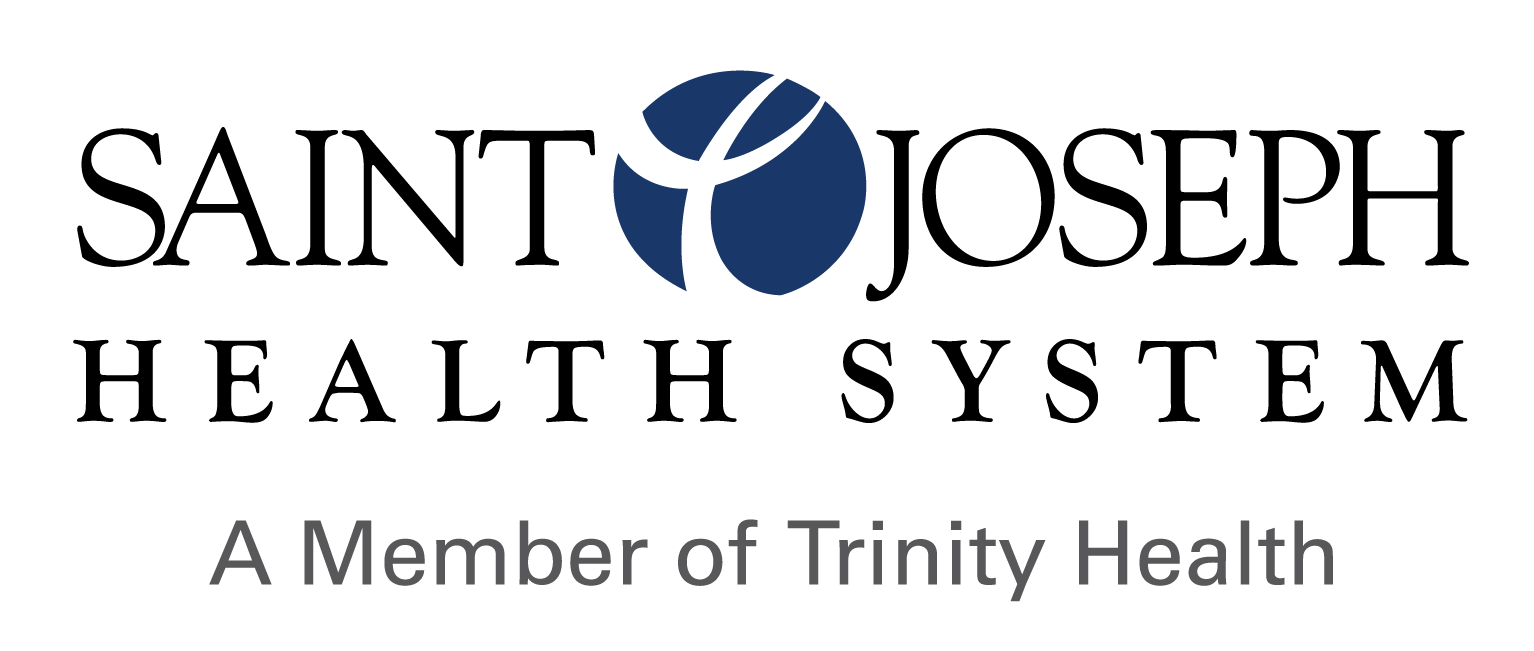Women’s Heart Health: Understanding the Risks and How Saint Joseph Health System Provides Comprehensive Care
February 25, 2025
Heart disease is the leading cause of death among women in the United States, yet it remains widely underrecognized and often misdiagnosed. Many people associate heart disease primarily with men, despite growing evidence that women face unique risk factors and symptoms that often go unnoticed. Saint Joseph Health System is dedicated to raising awareness, providing specialized care, and ensuring women receive timely and effective treatment for heart-related conditions.
How heart disease affects women differently
While heart disease affects both men and women, the way it manifests in women can be quite different. According to Frank Addo, MD, a cardiovascular specialist at Saint Joseph Health System, women frequently experience subtle symptoms that are difficult to diagnose.
“When we think of heart disease, we typically imagine the ‘elephant on the chest’ sensation—intense chest pain, sweating, and nausea,” says Dr. Addo. “While these symptoms do occur in women, they’re often accompanied by—or even replaced with—less obvious signs like shortness of breath, fatigue, or discomfort in the arms, jaw, back, or stomach.”
These non-traditional symptoms can lead to delayed diagnoses, as women and even their health care providers may not immediately recognize them as heart-related. Women are also more likely than men to experience microvascular disease, a condition affecting the small arteries in the heart, which may not be detected through traditional testing methods.
Additionally, hormonal fluctuations, pregnancy-related complications, and autoimmune diseases like lupus and rheumatoid arthritis can contribute to increased cardiovascular risks in women.
Recognizing the signs of heart disease in women
One of the biggest challenges in diagnosing heart disease in women is that symptoms can often mimic other conditions, leading to misdiagnoses or delays in treatment. Common warning signs include:
- Chest pain or discomfort (may feel like pressure, tightness, or burning rather than sharp pain)
- Shortness of breath (especially during normal daily activities)
- Pain in the jaw, neck, shoulders, or upper back
- Nausea or vomiting (often mistaken for gastrointestinal issues)
- Unusual fatigue (even after minimal exertion)
- Lightheadedness or dizziness
- Pain or discomfort between the shoulder blades
Dr. Addo emphasizes the importance of not dismissing these symptoms. “Many women look back after a heart event and recall that they had been feeling ‘off’ for a day or two but didn’t think much of it. If you experience persistent symptoms, even if they seem mild, seek medical advice right away.”
The impact of female-specific risk factors
Women face unique risk factors for heart disease that are not as prevalent in men. These include:
- Menopause: The drop in estrogen levels after menopause can contribute to higher blood pressure and cholesterol levels, increasing heart disease risk.
- Pregnancy-related conditions: Women who experience preeclampsia, gestational diabetes, or high blood pressure during pregnancy are more likely to develop cardiovascular issues later in life.
- Autoimmune diseases: Conditions like lupus and rheumatoid arthritis cause chronic inflammation, which can damage blood vessels over time and lead to heart disease.
- Mental health and stress: Women are more likely to experience chronic stress, anxiety, and depression, which have been linked to higher heart disease risk due to the physiological effects on blood pressure and inflammation.
Preventing heart disease: what women can do
The good news is that many cases of heart disease are preventable through lifestyle modifications and proactive healthcare. Dr. Addo stresses that early prevention is key.
“We know that atherosclerosis, or plaque buildup in the arteries, begins as early as the teenage years,” he says. “That’s why it’s critical to start heart-healthy habits as soon as possible.”
Regular checkups: Women should begin routine heart health screenings in their 20s, including blood pressure and cholesterol checks, and continue these annually with their primary care physician.
Healthy diet: A heart-healthy diet emphasizes fruits, vegetables, whole grains, lean proteins, and healthy fats while limiting processed foods, excess sodium, and added sugars.
Exercise: The American Heart Association recommends at least 150 minutes of moderate exercise per week to strengthen the heart and improve circulation.
Stress management: Chronic stress can contribute to high blood pressure and inflammation. Activities like yoga, meditation, and deep breathing can help reduce stress.
Avoiding smoking and excess alcohol: Smoking is a major contributor to heart disease, and excessive alcohol consumption can raise blood pressure and cholesterol levels.
How Saint Joseph Health System supports women’s heart health
At Saint Joseph Health System, cardiovascular care is taken seriously, with a focus on early detection, prevention, and personalized treatment.
“We have a comprehensive approach to women’s heart health,” says Dr. Addo. “Primary care physicians are trained to recognize early warning signs, and referrals to cardiologists are made even for symptoms that might not seem overly concerning at first.”
Saint Joseph Health System offers a full range of advanced diagnostic and treatment options, including:
Heart screenings and risk assessments: Routine cholesterol, blood pressure, and glucose checks, along with coronary calcium scoring, which helps detect early signs of plaque buildup in the arteries.
Echocardiograms and stress tests: Non-invasive imaging and functional testing to evaluate heart health.
CT angiograms: A highly advanced scan that provides a detailed view of coronary arteries to detect blockages.
Minimally-invasive procedures: Saint Joseph Health System provides catheter-based procedures like angioplasty and stenting to restore blood flow to the heart.
Cardiac rehabilitation programs: For women recovering from a heart attack or cardiac procedure, these programs offer monitored exercise, nutrition counseling, and emotional support.
In addition to these medical services, community education and outreach programs help spread awareness about the importance of early heart health intervention.
Dr. Addo also encourages women to advocate for themselves when it comes to heart care. “Women are often caregivers, prioritizing the needs of their families over their own health. But if something doesn’t feel right, listen to your body. Seek medical attention and push for answers.”
